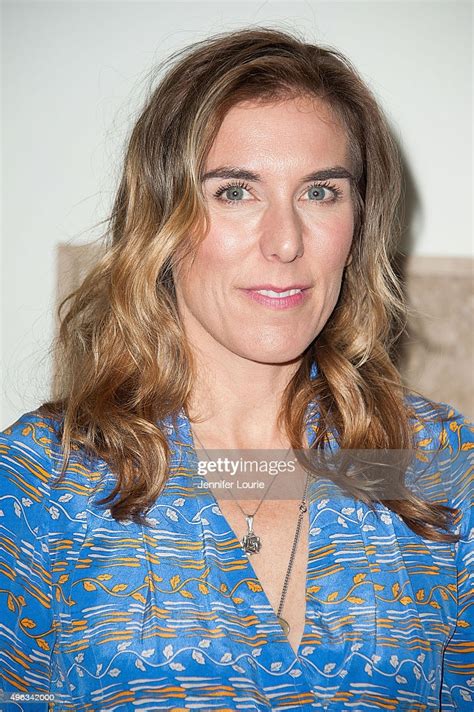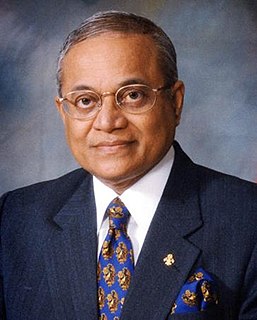A Quote by Amy J. Berg
I chose to document the lives of people living in a remote village in Alaska called Shishmaref because there we can literally see how climate change is affecting their homes, livelihoods and ultimately their lives.
Related Quotes
We believe that climate change must be viewed not only as a danger to natural systems, but also as a direct threat to human survival and well-being. We are convinced that this negotiation process must not be viewed as a traditional series of governmental trade-offs, but as an urgent international effort to safeguard human lives, homes, rights and livelihoods.
Actually, climate change is really about the wellbeing of people. It is not a very vague concept or a vague problem that is out of our everyday lives. It is actually affecting our everyday lives, and this is the fundamental fact that everybody should keep in mind while working toward a low-carbon society.
I think about issues like climate change, and how six of the 10 worst impacted nations by climate change are actually on the continent of Africa. People are reeling from all sorts of unnatural disasters, displacing them from their ancestral homes and leaving them without a chance at making a decent living.
Climate scientists think of nothing but climate and then express their concerns in terms of constructs such as global mean surface temperature. But we live in a world in which all sorts of change is happening all the time, and the only way to understand what climate change will bring is to tell stories about how it manifests in people's lives.
When you read about the lives of other people, people of different circumstances or similar circumstances, you are part of their lives for that moment. You inhabit their lives, and you feel what they're feeling, and that is compassion. If we see that reading does allow us that, we see how absolutely essential reading is.






































